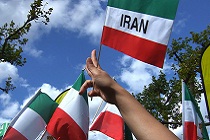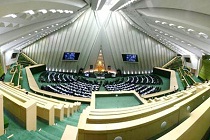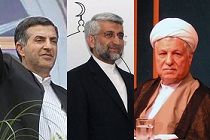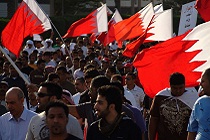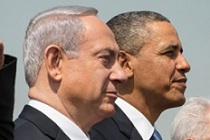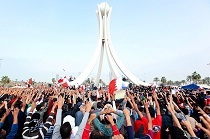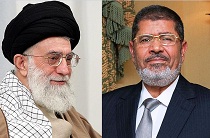Why the world should take the Iran elections seriously
The 11th presidential election of Iran is unlikely to be fully democratic or transparent, but the winner will decide the nature of Tehran’s engagement with the West over its nuclear programme. The outcome of this election will also have a bearing on the crises in Syria and Iraq, and the Palestinian-Israeli conflict.

